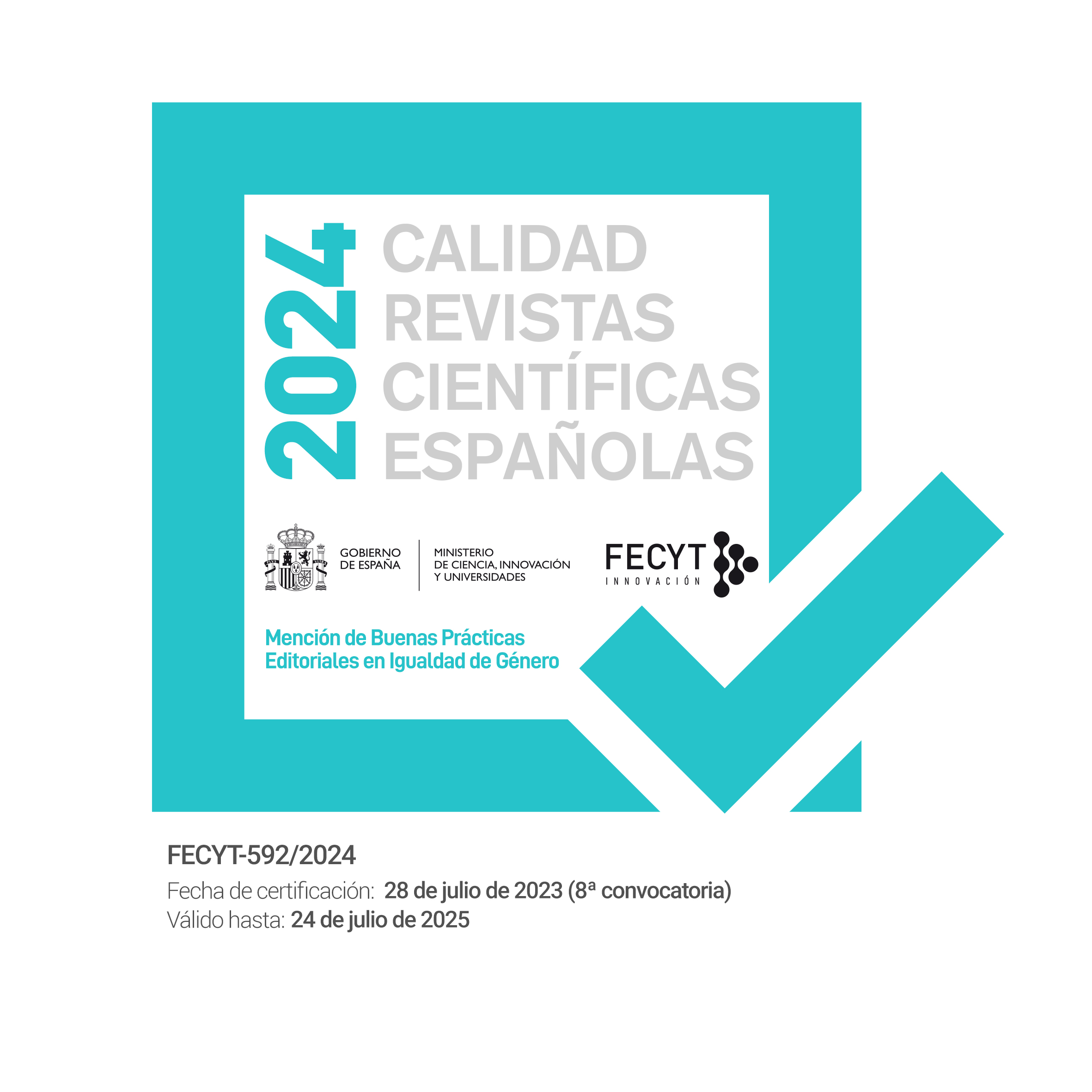La memoria insurgente de las Madres de Plaza de Mayo en la lucha por los Derechos Humanos
Abstract
This article looks into the relationship established by the Mothers of the Plaza de Mayo -in particular, the Mothers of the Plaza de Mayo Association, led by Hebe de Bonafi ni- with insurgent memory as an instrument in the struggle for Human Rights. It points out how the process of collectively constructing memory carried out by the Mothers of the Plaza de Mayo altered and changed its sense with the historical events they have so happened to live alongside during the collective’s thirty years of existence. In this sense, this article shows how, by means of their political and social praxis, the Mothers of the Plaza de Mayo have interpellated official history and memory promoted by institutions and have thus heralded the construction of an insurgent memory, that is, one that takes a stand, is revolutionary, non-submissive, insubordinate and rebels against power, one that stands up to unjust and oppressive situations. Therefore, this work intends on the one hand to explain the insurgent stance of the Mothers of the Plaza de Mayo against certain memory policies announced by the Argentinean State and a number social groups and organisations, and on the other hand, to put forward some transgressive means of remembrance they have implemented throughout their existence.
Published online: 11 December 2017
Downloads
Deusto Journal of Human Rights / Revista Deusto de Derechos Humanos is an Open Access journal; which means that it is free for full and immediate access, reading, search, download, distribution, and reuse in any medium only for non-commercial purposes and in accordance with any applicable copyright legislation, without prior permission from the copyright holder (University of Deusto) or the author; provided the original work and publication source are properly cited (Issue number, year, pages and DOI if applicable) and any changes to the original are clearly indicated. Any other use of its content in any medium or format, now known or developed in the future, requires prior written permission of the copyright holder.



3.jpg)
3.jpg)
3.jpg)
.jpg)








